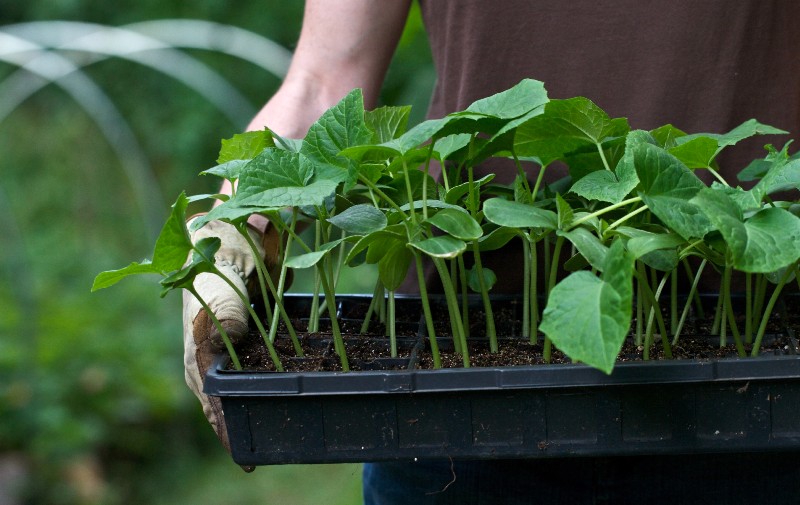Buying the right seeds for your plantations can be a difficult job, especially when you are new to this field. This guide can help you select the right seeds for your use and help you grow your gardening skills.
- Prepare a list
Before heading to a grocery store, a person knows what to purchase and what not. No one goes to a grocery store without having this knowledge. The same thing applies to seed purchasing. It might be tempting to focus at the start on what you wish to grow for the spring, but it’s important to think ahead about the cool weather crops for the fall, like greens and root veggies.
- Familiarize yourself with your environment
It is important to familiarize yourself with your growing conditions. You should know which part of your garden receives more sunlight and which mostly remains under shade. This will help you determine what you have to add to your list. For instance, what the right water pressure for your home is vegetables such as peas, cucumbers and tomatoes can thrive in full sun, while leafy green veggies thrive in shadier spots. There are also a lot of root veggies that need only half a day of sun. It is also important to determine your hardiness zone. If you are unsure of what it means, go to the USDA website and enter your zip code to find out. You will sometimes find it on descriptions of certain seed packets. The best thing would be to visit your local garden center where you’ll find a suitable selection for your region.
- Understanding different seed varieties
The terminology used to describe the types of seeds can be overwhelming, especially if you are new to the field of gardening. Below is a simple breakdown:
Organic: This USDA designation is given only to seeds of plants grown organically without pesticides, fungicides or synthetic fertilizer. These seeds are known to produce better yields.
Heirloom: These plants have survived for more than 40-50 years. Heirloom seeds are generally saved to preserve genetic diversity and cultural traditions. Heirloom seeds have a unique taste, appearance, or other resilient traits that have led to endurance.
GMO (Genetically Modified Organism): These plants are altered in a lab using the technique of gene modification. This involves using genetic traits from other species to add desired characteristics to a plant. However, there are very few GMO seeds available for home gardeners these days.
- Check the date before purchasing
Check the date on the product packaging or in the online description (in case of searching online) to ensure that the seeds you’re purchasing are for this year. While you may think that seeds can last for many years (except for onions, parsnips and leeks), it’s important to consider that their ability to germinate declines the older they get.
Bonus Tip: Buy Wholesale Seeds to save yourself a lot of money in the long run.

